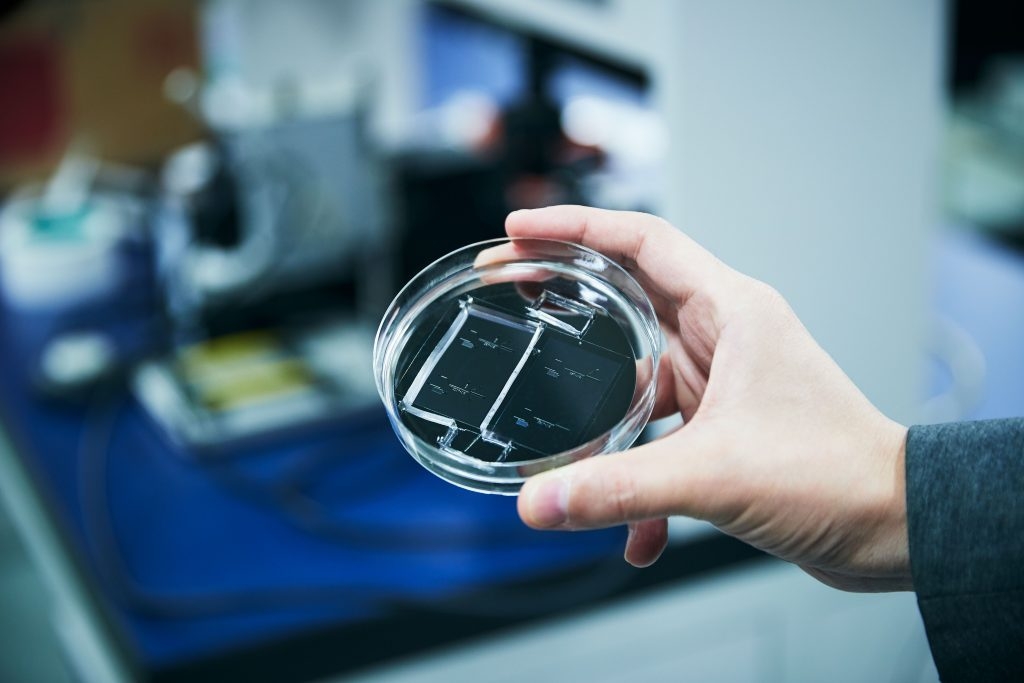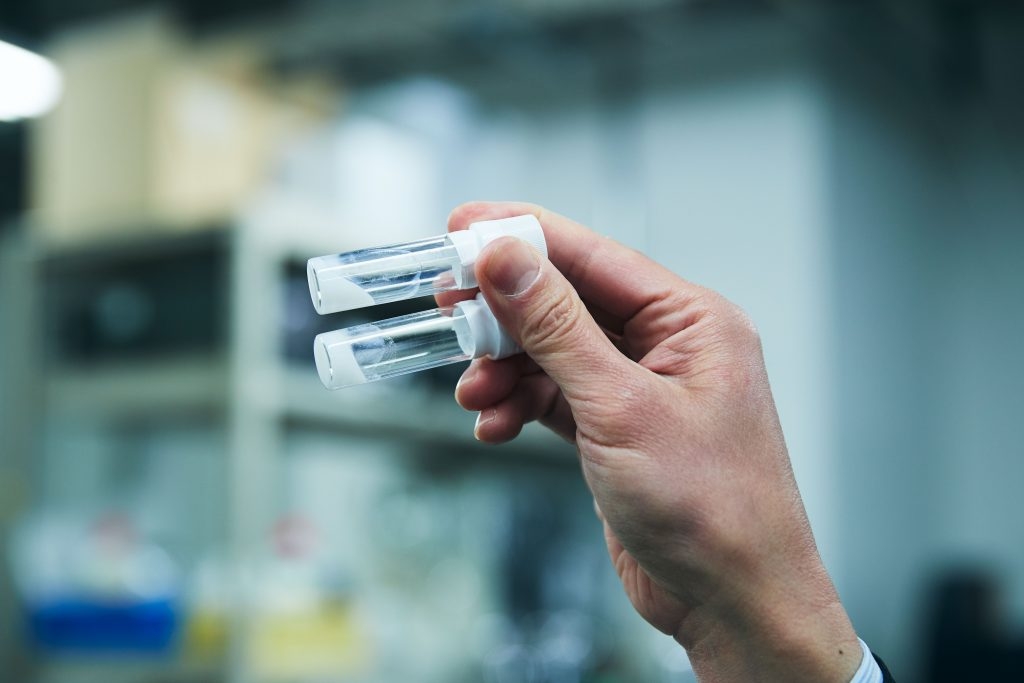A research center is a large-scale research organization that transcends the normal boundaries of academic fields. The Water Frontier Research Center, one of three research centers at the Tokyo University of Science, aims to be a one-stop service for water research. It has formed three major research units: Materials and Water, Life and Water, and Environment and Water. In each research unit, researchers in materials, metrology, and theory come together across faculty boundaries to pursue a large number of interdisciplinary and unique studies. Despite the academic and social importance of water interfaces — i.e., the interfaces between materials and water, there are few core international research centers specializing in the subject. The Tokyo University of Science, in collaboration with leading researchers from around the world, intends to establish the Water Frontier Research Center as one of these core research centers.

“There has been plenty of research into water itself,” says Professor Motosuke. “But research looking at how water penetrates materials and other things or conversely, how materials interact with water is a field that contains many unknown issues.” Professor Motosuke’s laboratory, which specializes in micro and nano thermal fluid engineering, is filled with prototype devices in which water flows at a scale too small to be seen with the naked eye. What is being created in the laboratory is equipment for the detection of particular substances from blood or fluid components. “Today, systems are being miniaturized in many fields, including medical diagnostic equipment,” explains Professor Motosuke. “This is why understanding the behavior of heat and fluids at microscopic scales is becoming increasingly important.”
Associate Professor Sakai, on the other hand, specializes in amphiphilic agents such as surfactants, which have the property of having affinity with both water and oil. “Surfactants are important in a huge range of fields, and we interact with them throughout our day, from the moment we wake up in the morning to the moment we go to sleep.” Surfactants are used in dishwashing liquids, body soaps, and other detergents, cosmetics, foods, and even lubricants for machines. Associate Professor Sakai is researching Gemini-type surfactants, which manifest their properties in far smaller amounts than other surfactants. Another of his ongoing research projects aims to create healthy and hygienic environments and enrich people’s lives by developing various cleansing products. These include alpha gels, created by adding alcohol or water to surfactants, and cleansing foams made from aqueous solutions containing high concentrations of ethanol.

Nearly all research at Professor Motosuke’s laboratory is joint research conducted with governments, universities, research institutes, or companies. Associate Professor Sakai’s laboratory is also actively engaged in joint research with private companies, as its field of study is closely related to people’s daily lives. “There’s a limit to what we can do on our own. It is important to know who can do what when we need help, and in that sense, the activities at the Research Center are invaluable,” explains Professor Motosuke. When research that transcends such limits is possible, things like developing a handheld biosensor that reads a person’s health status are not just dreams. Water, seemingly simple on the surface, is a surprisingly deep subject. The Water Frontier Research Center is home to many more intriguing research projects.
■ Main research themes
■ Main research themes